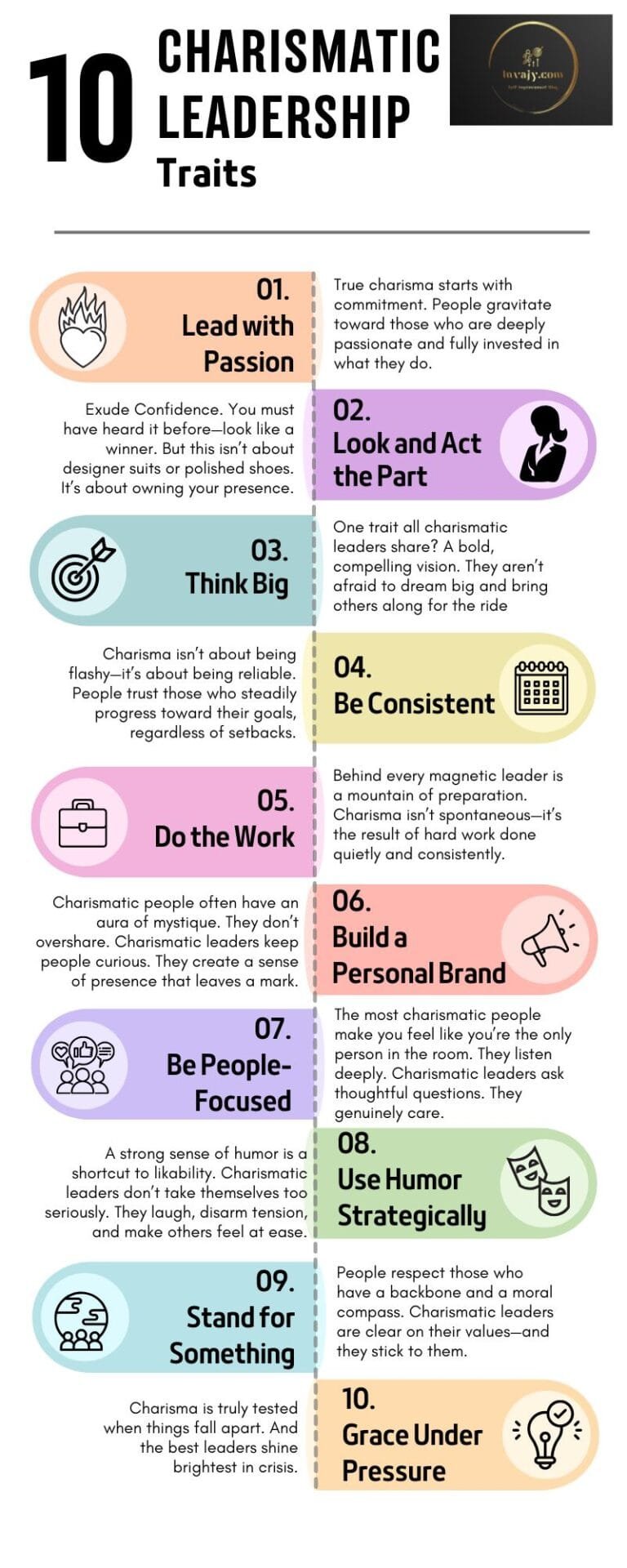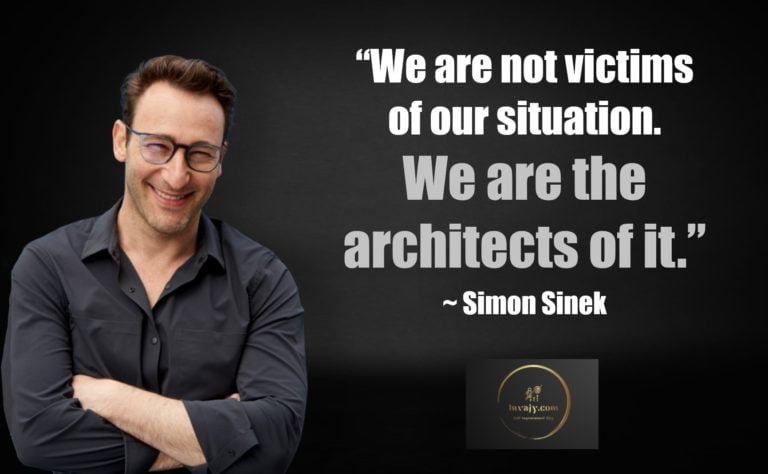How Mentoring Relationships Must be Built for Startups?
Build mentoring relationships for startups with trust and clear goals. Select experienced mentors, set regular meetings, and foster open communication and commitment.

In past couple of decades Mentoring has become buzzword in businesses. I came to know this word, when I was in the first semester of my post graduation in Human Resources at IIT Kharagpur in 2001. I made a small presentation on mentoring in one of knowledge sharing sessions. Since then a lot of changes have come in the understating of Mentoring and expectations from Mentors. Mentoring has evolved in recent years and many organizations are using it. Startup ecosystems have also adopted it and it’s contributing in the growth of Startups.
Greek Origin
Mentor word has been derived from Greek language. Odysseus, king of Ithaca, went to fight in the Trojan War, leaving his wife and his infant son Telemachus at home. He appointed his old friend Mentor as guardian to his son and to the royal household. Odysseus returned back after almost 20 years and during this period Telemachus brought up in the care and watch over of Mentor.

Since, this article is targeted towards startups; I won’t be discussing mentor’s significance in organization for career development, retention, socialization of new entrants, enhanced productivity and job satisfaction etc. In startups ecosystem, role of Mentors has increased manifolds. There are lots of expectations from them to act as pillars of newly created businesses. Let’s try to understand how mentoring relationship must to look like?
Age is not a Criterion
Traditionally it was assumed that a mentor must be more senior and experienced than the mentee. It’s a relationship that enhances our learning and growth, no matter what age. In fact a mentor can be anyone from whom you can learn.
Bottom to Top Approach
In the past it was common for the mentor to choose the mentee and structure and drive the relationship. Now we know it is better if the mentee chooses the mentor and drives the relationship.
Is Mentor a Guru?
During one of my first mentoring sessions with a Startup CEO, I asked him what does he expects from me. His answer was “Sir, you become my Guru.” His expectations were fine, but from my point of view Mentors needs to play a greater role than teaching, guiding and sharing experiences. Mentor’s should be looked as brother, friend and parent who is always there for mentee to help, guide, share and contribute towards the success of new venture. Sometimes, it is reverse mentoring at quite a few occasions; it is an opportunity for senior mentors get fresh perspective and feedback from younger mentees. For example one may learn few social media tips from juniors.
Developing relationship
Mentor’s and mentees both should develop relationships. When they join for meetings, they must be honest about challenges at work and in life, and open to feedback. Mentees must respect their mentor’s time. Mentees must express appreciation and lend mentors a hand when they can. In short, mentees must be hungry to learn and appreciative of all the wisdom they can observe, hear and absorb.

It is mentor’s responsibility, to create an atmosphere of trust. Mentors must enjoy mentoring. They must listen deeply and ask insightful questions. Mentors must facilitate connections. Mentors must provide role modelling for work and life and should inspire mentees to be their best selves. Mentor should advise to mentee – how to deal with burnout issue.
Mentoring is relational so finding someone that you can admire and respect is a key. You need to enjoy the conversation and the time you spend together.
Mentees should be prepared to change
Many mentoring relationships fail because the mentee has impossible goals and unrealistic expectations. A mentor is not going to do your job for you or give you his own umbrella to get the shelter from rain that you might be facing. Some of the advice and suggestions for improvement you hear will be hard to take. Desire for change is different than being prepared to change. Whatever mentor advice you is always good for your start-up, you must analyze it carefully and decide how to drive the change.

Informal get together
Apart from formal mentoring sessions, there should be informal gathering or if possible family get together. These will help them in better engagement and understand each other beyond the surface. They may or may not discuss the work related issues during such get together.
Wrapping Up!
In conclusion mentors and mentees both should build a strong relationship and understand each other well. Otherwise these sessions just become a piece of paper as “Minutes of Meetings”. Together both can and will make the difference. Successful mentor/mentee relationships should be fulfilling and beneficial for all involved.






